
A Harare couple once accused of defrauding former Reserve Bank of Zimbabwe Governor Gideon Gono of ZW$137 million has been cleared by the High Court, ending a three-year legal battle that the judge described as resting on a “fatally defective” charge.
Clark Makoni and his wife, Beverly Aisha Ndonda, had been accused of altering company documents and siphoning funds after allegedly installing themselves as directors. They consistently denied wrongdoing, dismissing the accusations as malicious and accusing Gono of attempting to extort them.
Their bid for discharge at the close of the State’s case was rejected by Regional Magistrate Stanford Mambanje, who ruled that they should be put to their defence. However, High Court Judge Justice Regis Dembure overturned that decision, finding that the State had failed to outline the essential elements of fraud in its charge sheet.
Justice Dembure ruled that the couple could not be forced to defend themselves against a charge that was fundamentally flawed. Prosecutors also conceded that the particulars and averments in the charge sheet did not disclose any offence.
Represented by lawyer Admire Rubaya, the couple approached the High Court arguing that Magistrate Mambanje had “grossly erred” by failing to address issues raised in their application for discharge. They described the prosecution as a “failed fishing expedition” aided by a lower court that ignored glaring defects in the State’s case.
“There is no way the accused persons can be placed onto the defence in circumstances where the essential elements of the offence of fraud have not been set out in the charge sheet,” Rubaya argued. “As it stands the charge of fraud is barren as it lacks the essential averments required to make the charge a valid one for fraud as codified.”
Related Stories
Justice Dembure agreed, saying the magistrate’s failure to assess the validity of the charge was a “gross irregularity and serious misdirection.” He noted that the lower court had effectively taken on the role of the State by attempting to recreate a charge that prosecutors themselves had not put forward.
The defence had argued that the magistrate could not resuscitate a non-existent case by introducing new particulars mid-trial when those particulars had not been alleged at the outset. Rubaya warned the court against attempting to “panel beat” the State’s case into shape.
“This court cannot, by any stretch of its powers, seek to panel beat the charge for purposes of placing the accused persons onto their defence,” he said. “It is entreated to avoid the temptation of making a bidding for the State. It laid its bed, it must lie on it, and it must never rise from it.”
Justice Dembure concurred, saying the magistrate had ventured into “dangerous territory” by inventing and reconstructing particulars of the charge. He emphasised that crafting charges is the responsibility of the State as dominus litis, not the court.
“The court appears to have clearly avoided the issue and then sought to reinvent particulars in respect of how charges ought to have been and not how it was presented to the court,” the judge said.
“Findings of the magistrates court created a new charge for applicants to face, not what had been placed before the court at the commencement of trial, which is a gross irregularity.”
In concluding his judgment, Justice Dembure echoed a sentiment raised in the applicants’ submissions, noting that this was “one case that imbibers at a beer hall would say ‘muzukuru wachinja cup’ and should not stand.”

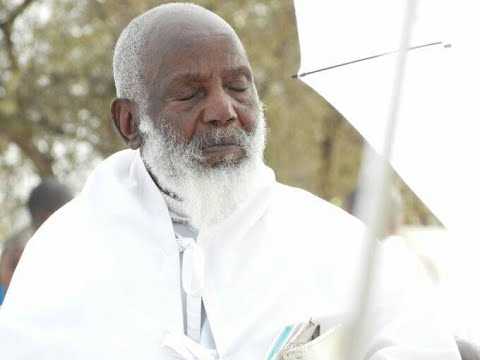

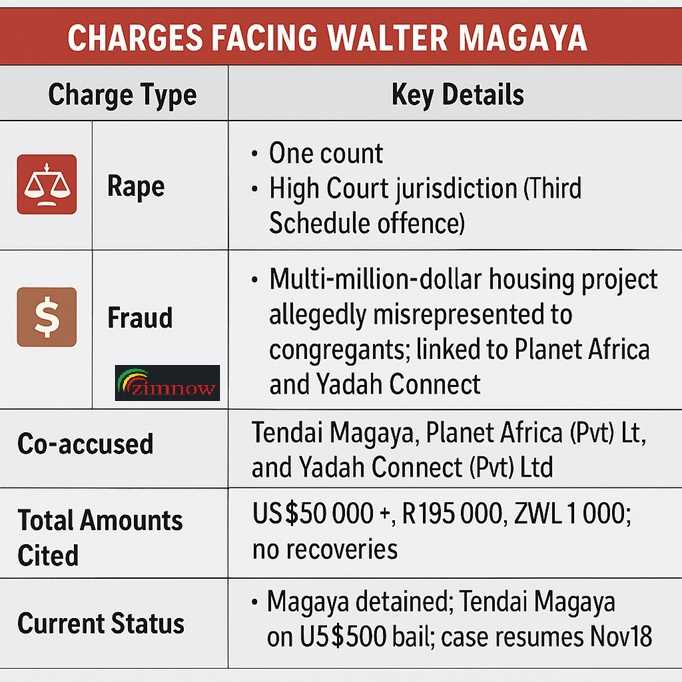
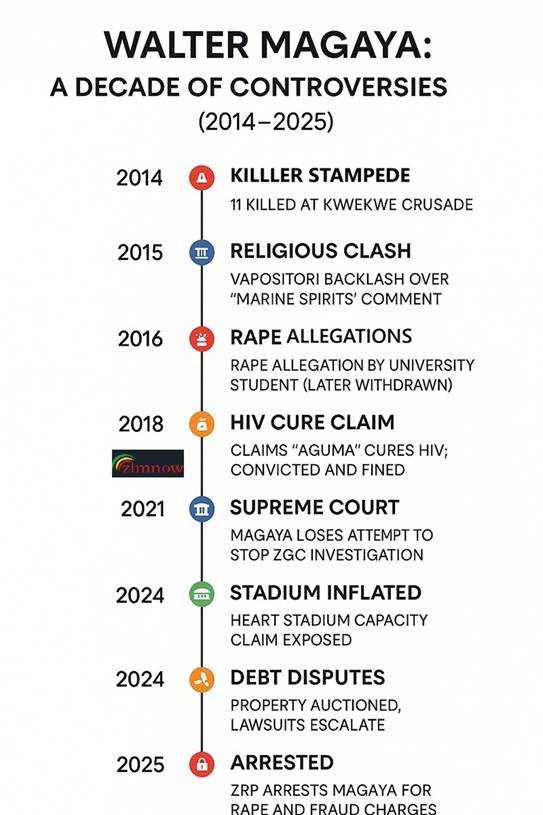
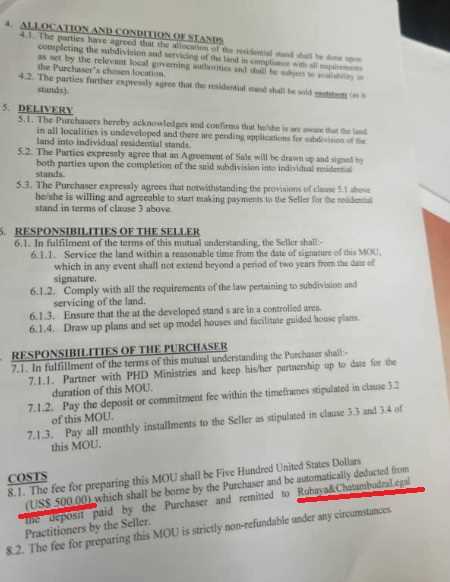
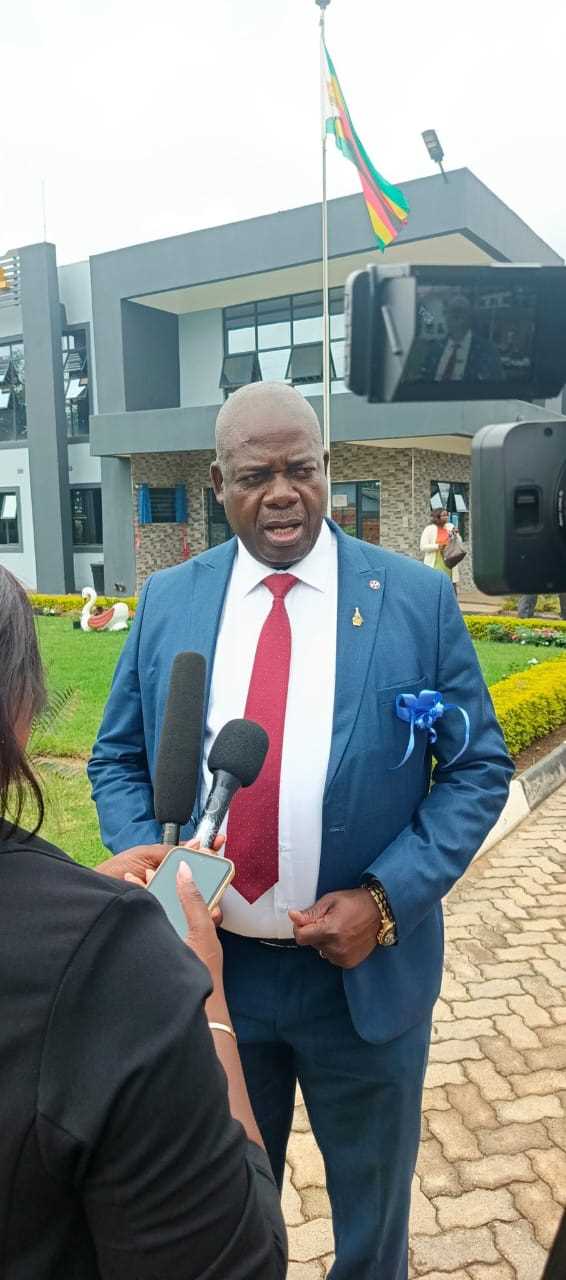



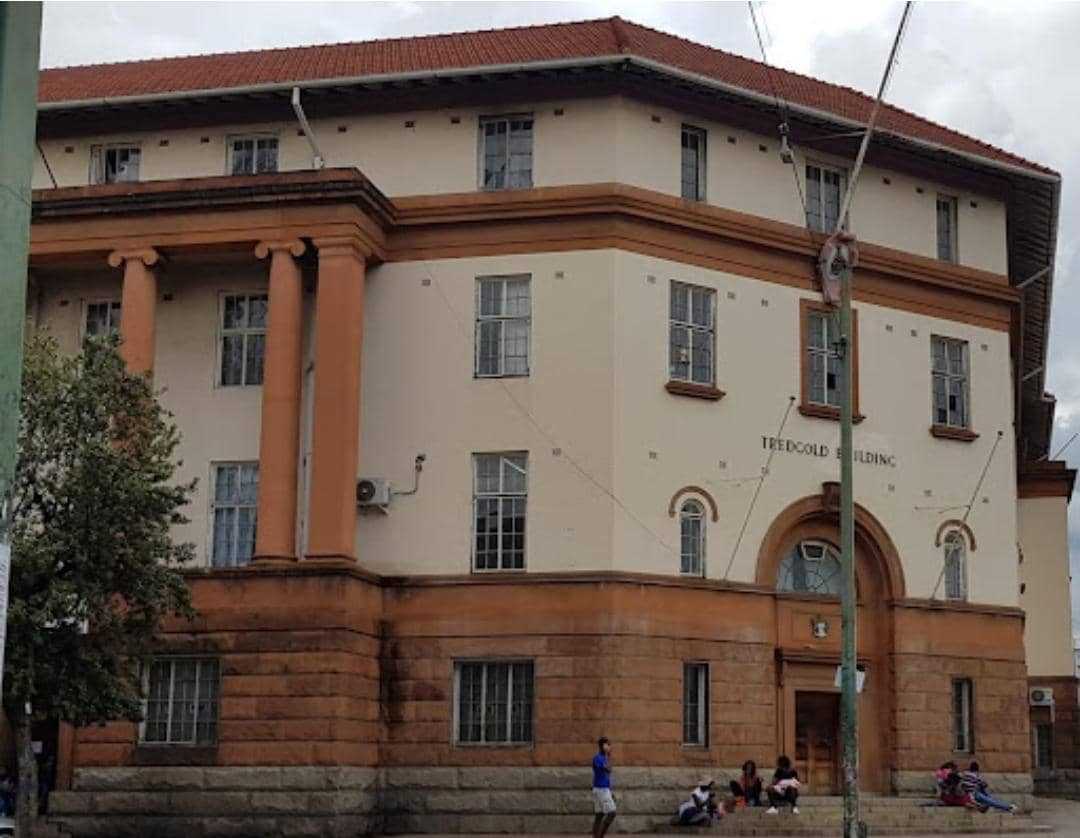






Leave Comments